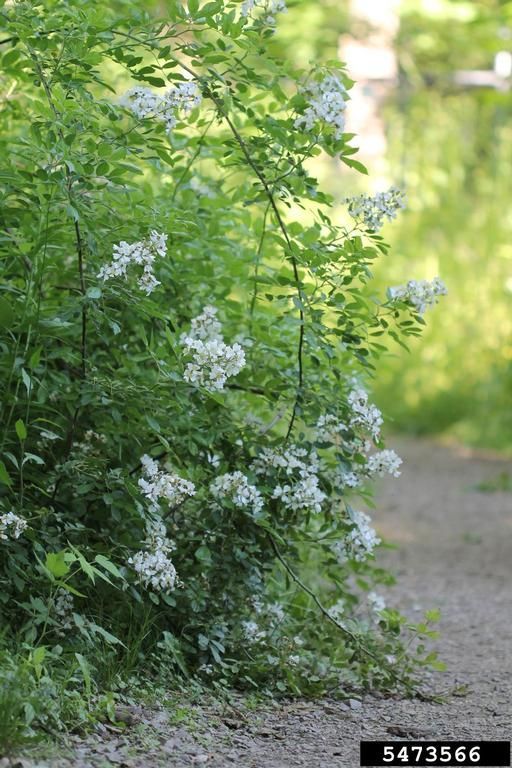2021 pheasant license on sale, stocking efforts a go
The first-of-its-kind pheasant license went on sale this week through the Michigan Department of Natural Resources’ (DNR) online sales system .
Michigan United Conservation Clubs (MUCC) has advocated for and championed the stamp since a member-passed resolution in 2017 directed the organization to initiate a pheasant release program funded by hunters.
The $25 stamp, signed into law by Gov. Gretchen Whitmer on Dec. 31, 2020, has a sunset of Jan. 1, 2026. Monies collected from pheasant license purchases will be placed into an earmarked subaccount used for the purchase of pheasants that will be released on state lands. Stamps are required in Michigan’s Lower Peninsula for hunters 18 and over planning to hunt on state-owned or Hunter Access Program lands for pheasant.
Creating new license buyers and hunters, reactivating former hunters and engaging different kinds of hunters has been the program’s aim since the beginning, said MUCC Executive Director Amy Trotter.
“Creating a funding mechanism for the stocking program involved passionate advocates from habitat, hunter, species-specific and conservation organizations,” Trotter said. “While we didn’t always agree, and occasionally still don’t, folks were able to come together the last six months from both sides of the argument and debate the issue in a pragmatic way.”
Currently, the pheasant licenses are only available online through the DNR e-license system . However, House Bill (HB) 4126 , which has passed the House and Senate and is on its way to the governor’s desk, will address vendor commission issues that currently exist.
Once Gov. Whitmer signs the bill, in-person pheasant license sales are expected to start no later than May.
Given budget cycles and bird-rearing timeframes, securing appropriations and actual funding of bird buying is a complicated process. MUCC is working with all the parties involved to create a durable pheasant-release strategy moving forward, Trotter said.
“MUCC has held regular meetings with Pheasants Forever, the Michigan Pheasant Hunting Initiative, the Michigan Hunting Dog Federation, legislators and aides, and DNR staff,” Trotter said. “Stakeholders are weighing in heavily on the 2021 pheasant-release strategy and how their respective organizations will play a part in the program.”
In 2019, following a lame-duck general fund appropriation, the first pilot pheasant release program occurred on 13 state game areas throughout the Lower Peninsula. According to a survey conducted by the DNR, 50 percent of the hunters that participated in the program indicated they would not have hunted pheasants in 2019 without the release program.
In 2020, the program was canceled due to COVID-19 budget adjustments . However, MUCC and stakeholders continued to work through the legislative process securing a long-term funding source for the program.
MUCC is a grassroots organization that derives its policy positions from member-written and member-passed resolutions. Resolutions changing law require a two-thirds majority, as was garnered in the case of the pheasant release program and stamp implementation. Any MUCC member can bring forward a resolution to the organization’s Conservation Policy Board (CPB).
If the resolution passes through the CPB, it is then sent on to the organization’s annual convention where statewide representation of MUCC’s membership determines the outcome.
Since 1937, MUCC has united citizens to conserve, protect and enhance Michigan’s natural resources and outdoor heritage. MUCC has also been the constant protector of your rights to hunt, fish and trap since its founding. Please join us today: http://bit.ly/JoinMUCC.
The post 2021 pheasant license on sale, stocking efforts a go appeared first on Michigan United Conservation Clubs.
Recent Posts



